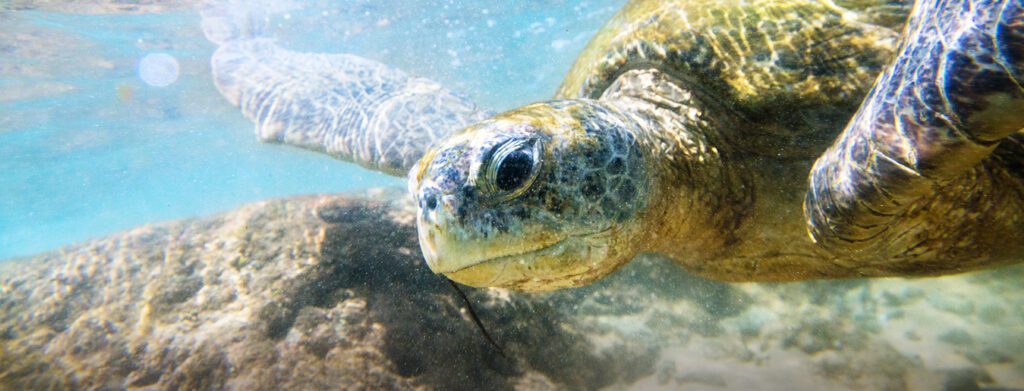This article, authored by Andrew Oldland QC and barrister Nicola Canty, from the Firm’s Marine Regulatory team, has been featured in the December edition of Marine and Maritime Gazette.
Current conservation legislation protects a number of marine wildlife species from intentional or reckless disturbance, taking, harming or killing, and possession or sale of some species. A marine wildlife licence must be obtained if you intend to carry out an activity that would affect a UK or European protected species and is otherwise prohibited under conservation legislation.
Protected species include certain bird species, marine turtles, dolphins, porpoises and whales, seals, and certain species of fish and invertebrates. The legislation in this area can be complex and is spread over a number of different statutes. In general, the Conservation of Habitats and Species Regulations 2010 and the Wildlife and Countryside Act 1981 are the main pieces of legislation for protecting marine wildlife in the England and Wales inshore region.
The Marine Management Organisation (MMO) licenses activity in English water and Welsh offshore waters, with Natural Resources Wales (NRW) licensing activities in the Welsh inshore waters. In England and Wales, the police and the MMO are the main wildlife enforcement bodies. Wildlife offences are currently punishable by a fine or up to 6 month’s imprisonment for the most serious offences.
Is a wildlife licence required?
One example of when a wildlife licence may be required relates to marine development projects that involve piling activities which would result in temporary disturbance to cetaceans from the noise emitted during construction. Where a European Protected Species is found on site once a project is already underway, this may lead to delays whilst a wildlife licence is applied for, so as to avoid committing a criminal offence.
A wildlife licence would not normally be required if there is a negligible risk of an offence being committed, or if the MMO considers that the proposed mitigation would render any such risk negligible. The MMO will often seek to work with applicants to introduce measures within the marine licence itself to mitigate against any potential impact on the relevant wildlife concerned.
In any event, a wildlife licence will only be issued as a last resort. Licences will usually only be issued where there is no satisfactory alternative and the activity concerned would not be detrimental to the maintenance of the population of the species at a ‘favourable conservation status’.
The MMO currently states that wildlife licence applications take 13 weeks to process. During this time, the MMO would consult with Natural England, the Joint Nature Conservation Committee (JNCC) or both, as appropriate. It should also be noted that there is no appeals mechanism in relation to decisions over the grant of wildlife licences. If an applicant or an objector wanted to challenge the grant or refusal of a wildlife licence then they would have to challenge the decision by way of judicial review.
The road ahead
Potential applicants should also be aware that the Law Commission has recently completed its wildlife law project to review and reform the ‘complex patchwork of overlapping and sometimes conflicting provisions’ of wildlife law. On 10 November 2015 the Law Commission published a draft Wildlife Bill. The intention is to provide a unified licensing regime to reduce complexity for prospective applicants.
This draft Bill contains several significant changes to the status quo which would rationalise much of UK wildlife law in one place, but also intends to ensure that the UK is meeting its obligations under international conventions such as the Bonn Convention (the Convention on the Conservation of Migratory Species of Wild Animals) and the Bern Convention (the Convention on the Conservation of European Wildlife and Natural Habitats), as well as the European Wild Birds and Habitats Directives.
Click here to read the full publication.
